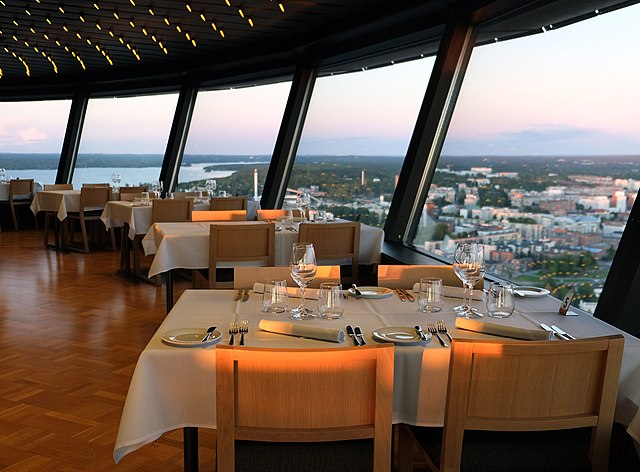Do You Need A Liquor License To Serve Alcohol In California?
First things first: yes, you do need a liquor license to serve alcohol in California. There are no exceptions to this rule, whether you’re operating a bar, restaurant, or any other establishment serving alcohol for consumption on or off the premises.
The California Department of Alcoholic Beverage Control (ABC) oversees the issuance of liquor licenses and strictly regulates the sale and service of alcoholic beverages. The type of license you need depends on your business model:
- Restaurant serving beer and wine: You might require a Type 41 – On-Sale Beer & Wine – Eating Place license.
- Bar with full liquor service: You’ll likely need a Type 48 – On-Sale General license.
For detailed information on the various license types and the application process, you can visit the ABC website.
Do You Need A Liquor License To Bartend In California?
No, bartenders in California do not need a separate “liquor license.” However, since July 1, 2022, all bartenders must hold a Responsible Beverage Service (RBS) Certification. This certification ensures that bartenders understand the laws and regulations surrounding alcohol service and are equipped to handle situations responsibly.
Here’s a quick rundown:
- License: Not required for bartenders specifically.
- RBS Certification: Mandatory for all bartenders, servers, and managers involved in alcohol sales.
For more information on the RBS program, you can check out the ABC website.
Navigating Alcohol Service in Different Settings
The rules regarding alcohol service can vary depending on the setting:
- Public Events: Even if alcohol is provided for free at a public event, you typically need a license or permit. This may involve hiring a licensed caterer or bartender through the ABC.
- Private Parties: There’s more flexibility for private gatherings:
- Casual Settings: Small gatherings of friends or family at home generally don’t require a license. However, responsible serving is still essential.
- Larger Private Events: For bigger gatherings, it’s advisable to consult with the ABC to determine if a permit is necessary, especially if the event is not restricted to close friends and family.
Additional Considerations
- Liability Insurance: Having proper liability insurance is recommended for any event where alcohol is served, even if it’s a private gathering.
- Open Container Laws: California has strict laws regarding consuming alcohol in public places from open containers. This is something to consider, especially for events with public elements.
Why You Need a Liquor License Consultant
Navigating the complexities of liquor licenses and alcohol service regulations in California can be daunting. That’s why it’s essential to seek guidance from professionals who understand the process inside out.
A liquor license consultant can help you:
- Determine the right type of license for your business.
- Navigate the application process smoothly.
- Ensure compliance with all regulations to avoid legal issues down the line.
In conclusion, whether you’re running a bar, restaurant, or hosting a private event, understanding liquor license requirements and regulations is crucial. And when in doubt, don’t hesitate to enlist the help of a qualified liquor license consultant to guide you through the process.


